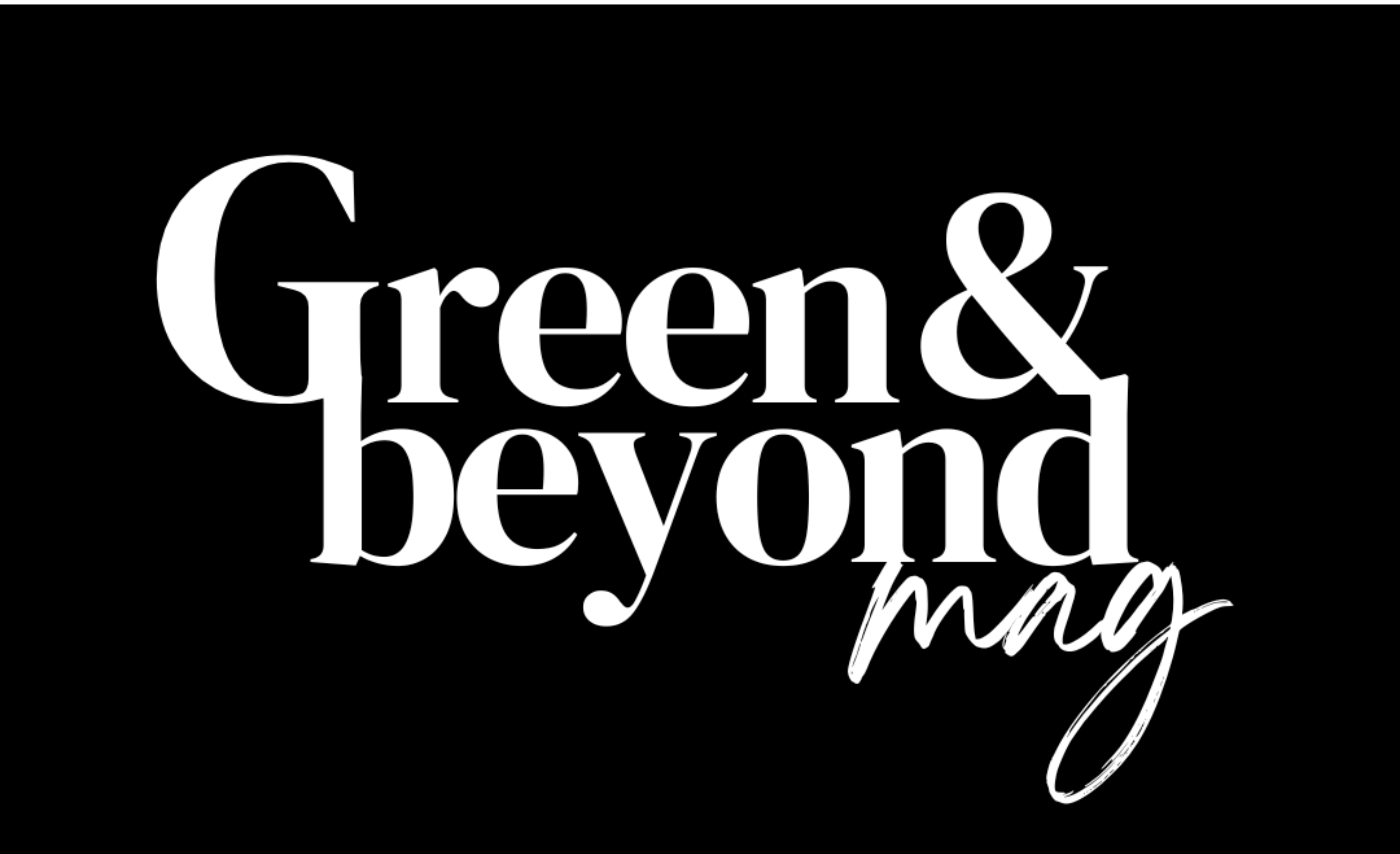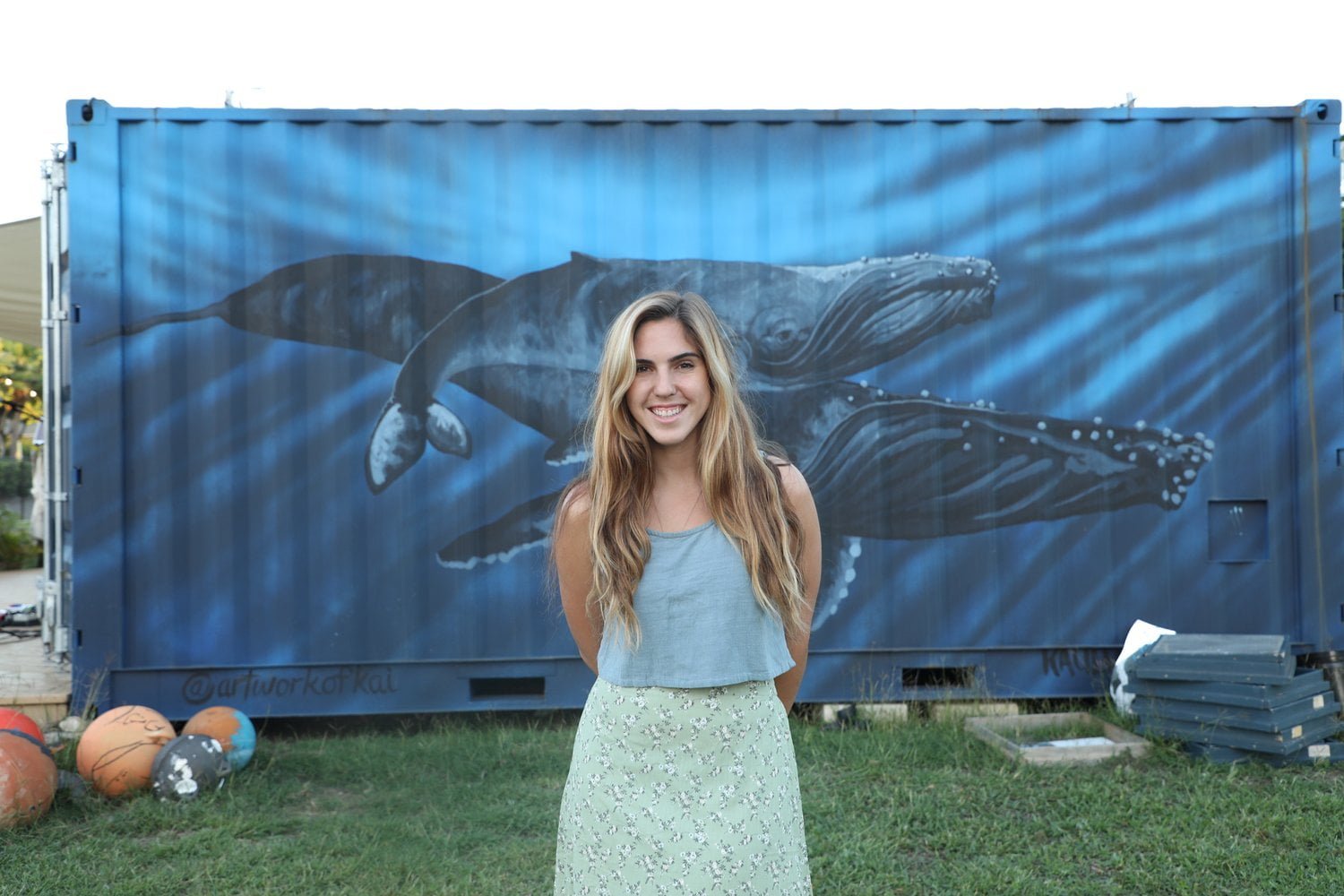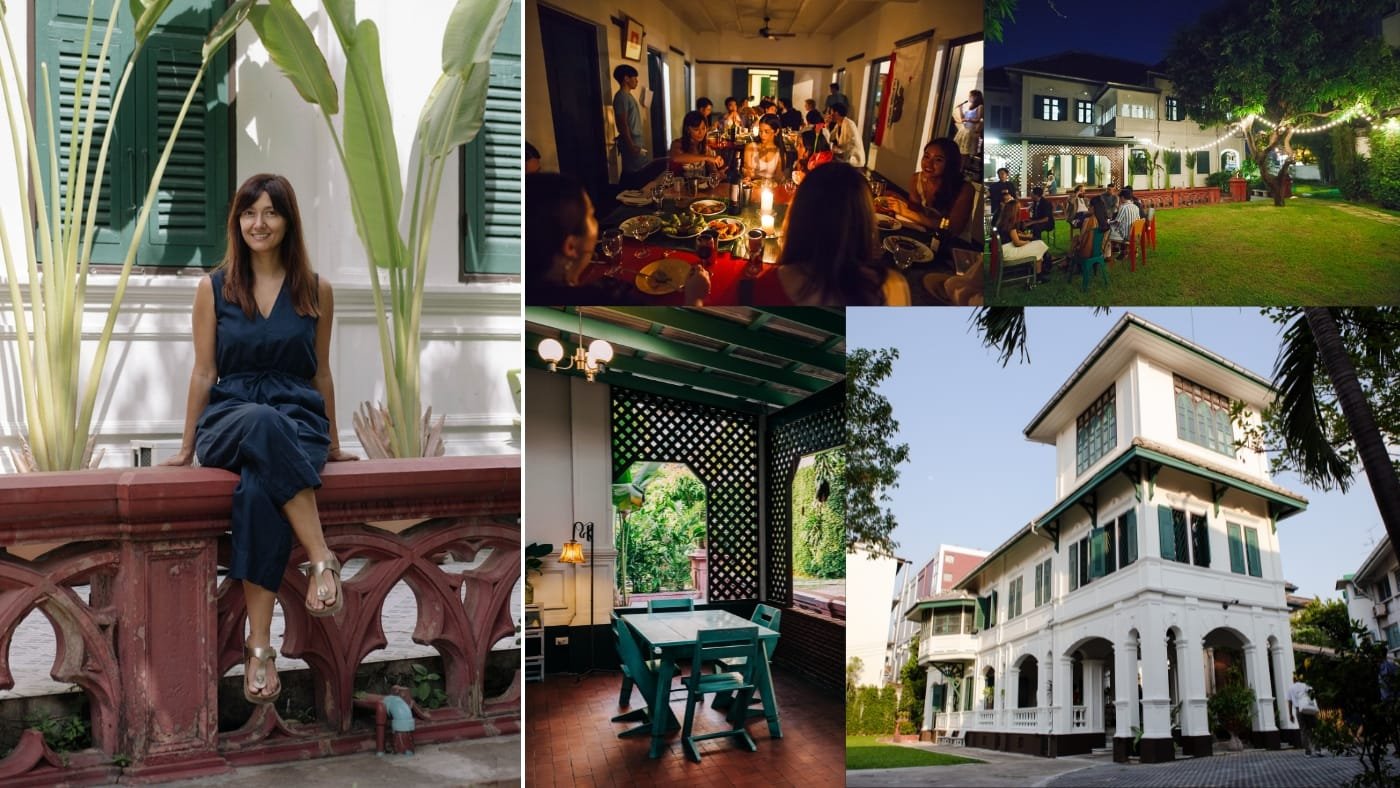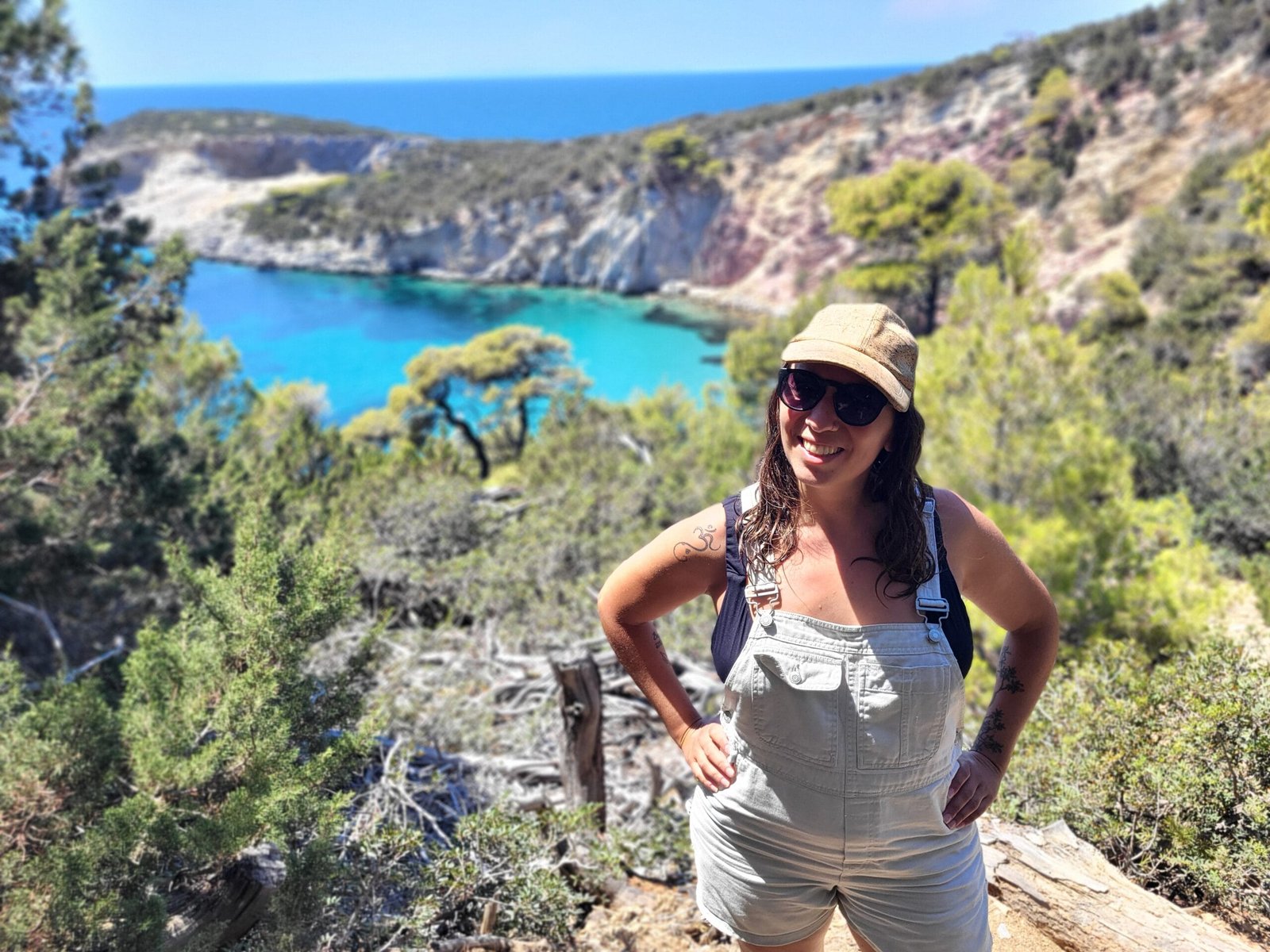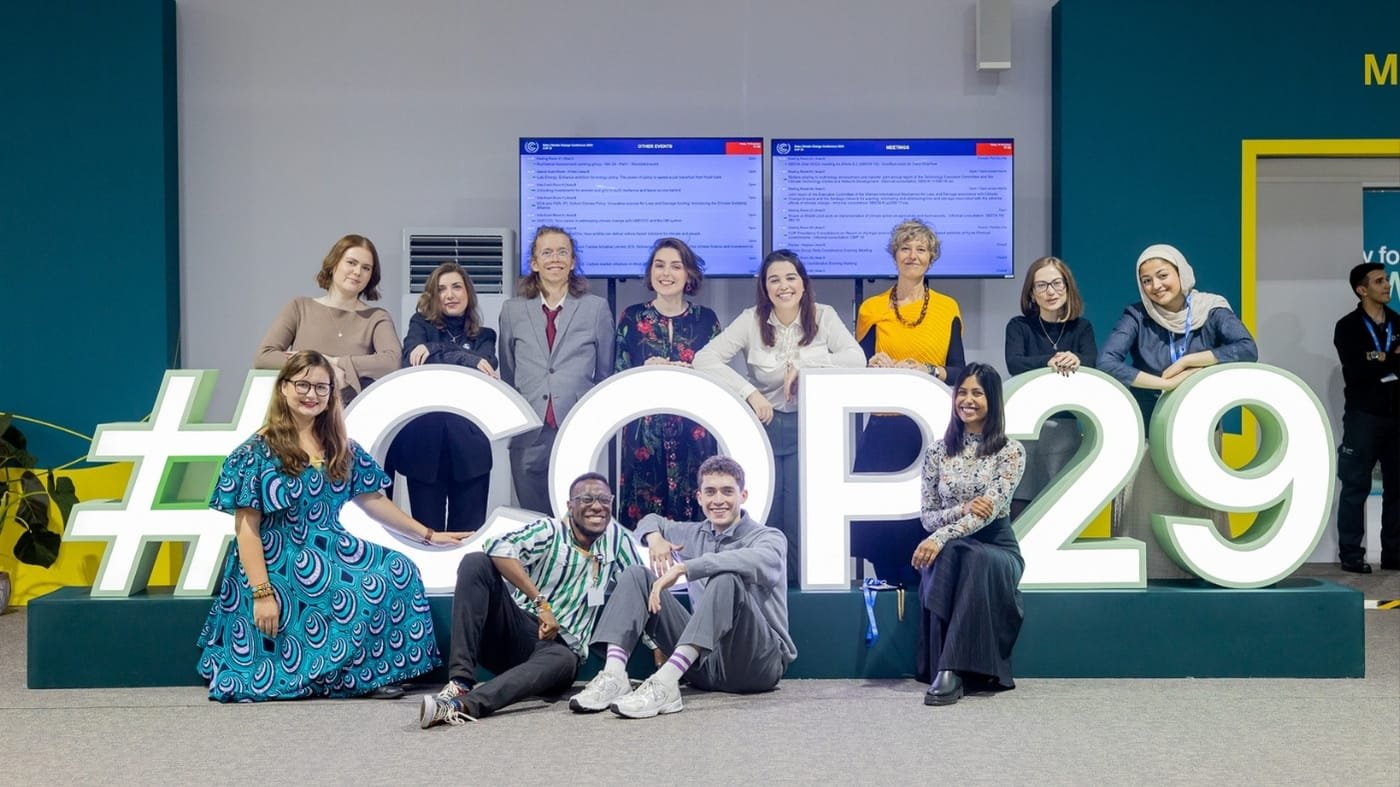Carissa Cabrera, a dynamic force merging her roles as a CEO, accomplished marine biologist, recognized content creator by Harvard, and passionate advocate for environmental stewardship stands at the forefront of ocean conservation and climate activism. Rooted in her Ecuadorian American heritage and based in the vibrant landscapes of Hawaiʻi, Carissa’s life’s mission revolves around democratizing access to ocean conservation knowledge and empowering individuals to find their voice and purpose in the movement.
With a multifaceted approach to her work, Carissa serves as the driving force behind Futureswell, a platform dedicated to amplifying regenerative solutions for our planet’s most pressing environmental challenges. Through her leadership roles in various organizations and initiatives, including her work with community restoration groups and partnerships with renowned institutions like National Geographic, Carissa embodies the spirit of innovation and collaboration in the fight to protect our oceans. Her expertise in digital storytelling, project management, and science communication underscores her unwavering commitment to bridging the gap between scientific research and public engagement, offering a pathway for collective action and meaningful change.

Could you please tell us about your journey?
My story is not special, and that is why I love it. I grew up as the child of first generation immigrants from Ecuador and Hungary. We lived in a desert, and I saw the ocean a handful of times in my childhood. But my dad took me snorkeling when I was a toddler, and I was never the same after I put on that mask. I grew up wanting to learn, watching National Geographic, and begging for more ocean experiences. I wanted to study marine science at a coastal school, but my scholarship required me to stay in the desert for college. I spent four years in college taking the few marine science classes my university offered, joining an ocean club, and developing skills like education and outreach. In my first marine conservation class, I learned about oil spills, unsustainable fishing, and mass extinction. I vowed to continue my schooling to protect these ecosystems, and found myself in a master’s program in Hawai’i in my early twenties. During my graduate work, I was studying the causes of death in dolphins and whales so we could better understand their threats and help address them. During my first whale necropsy, which is essentially a dissection, we found over 50 pounds of fishing nets and other marine debris in the stomach of a pilot whale. I was 23, looking at my colleagues, realizing I cannot save these animals without standing up to the systems that are harming them. I could not protect our ocean without sharing the stories of what’s happening to them as a result of our actions. And I could not be a scientist that did not actively participate in applying solutions to heal our ocean.
What led you to transition from the realm of scientific research to the power of storytelling as a tool for ocean advocacy?
When I pursued marine science throughout my graduate schooling, I was working under the impression that a deeper understanding of our ocean would mean more action to protect it. If we understood what was at stake, we would change. I realized very quickly that scientific research without an inclusive and accessible science communication strategy does not get applied. I transitioned to education to raise awareness around threats and solutions, but also explore creative ways to bring that education to the masses. Storytelling can be entertaining, personal, emotional, or joyful, and I believe all forms of storytelling are valuable for the ocean climate movement. Our individual stories can change systems through advocacy, and connect elected officials to solutions that can change the course of our climate narrative.
How do you see your work in ocean conservation intersecting with broader climate justice movements and initiatives?
The environmental justice leaders of our generation have raised the alarm on what intersectional activism means and changed the climate movement in a tremendous way. As our federal leaders begin to prioritize EJ in their practices, I’m particularly passionate about ensuring ocean justice initiatives are part of that conversation. Coastal communities are frontline communities, and disproportionately suffer from the impacts of the climate crisis like sea level rise, marine debris pollution, and extreme weather like hurricanes. The communities with less resources and access cannot be left behind as we adapt, mitigate, and transition within our climate future. This specific intersection is finally getting the attention it deserves, with the White House sharing its first ever Ocean Justice Strategy at COP28 in December 2023.
You empower young women to find their unique roles in the ocean movement. What advice would you give to a teenager or someone unsure where to start?
I would say you are needed, and we all start somewhere. We are all bad at things before we are good at them. We only become more confident through practice, and we have special gifts that can benefit our movement and protect communities and our planet. Teenagers today are some of the most educated and passionate environmental advocates, and they continue to inspire me in every initiative I work in. I watch elected officials listen closely to their stories, and they serve as a reminder to our leaders of exactly who will be impacted by the decisions of today. Their participation is a powerful tool, and I would start now. I firmly believe that over half of impact work is showing up, so that would be my advice. Show up, as yourself, ready to listen and learn, and magic will happen.
Imagine you could have a conversation with the ocean itself. What would you ask, and what message do you think it would convey to humanity?
This is a powerful question, and I believe I would only have gratitude to share with the ocean itself. I wouldn’t ask anything of it, because it has already given us everything. Our ocean is what made our planet habitable, where life began, the source of our fresh air, food, and biodiversity. I would just listen to what it had to say. I imagine it would be something along the lines of, “don’t forget where you came from,” as the ocean is so often left out of our larger climate discussions. I believe it would highlight that we are losing parts of our family here on Earth, with so many species facing extinction. These are our distant cousins and relatives. As humans, our extractive practices cause great suffering to the ocean, far more than many of us realize, and I believe the ocean would let us know.
While acknowledging the challenges, what practical steps or initiatives give you hope for a future where both ocean health and climate concerns are effectively addressed?
Personally, I carry the most hope when I’m working alongside local communities working to steward their own resources or working as part of an advocacy coalition. I fundamentally believe in a place-based approach to conservation and ocean climate solutions that is decentralized and led by the local communities that know their areas and environment the best. For example, indigenous groups that carry the wisdom of ancestral resource management should be informing planning activities for a watershed and ideally, consulting and leading the implementation. For all of us, tapping into these larger, community-based solutions is a matter of engaging with what’s going on in your specific community, and is unique. Joining a chapter meeting, attending a nonprofit event, and volunteering with a community group reminds you very quickly we are part of a movement so much bigger than individuals.
In reference to the ocean, I find so much hope in how much nature holds the answers. We call these technically nature-based solutions, but they are the ones that are built from the natural processes our Earth has refined over millions of years and practices by the original stewards of our planet. Some of my favorites are kelp forests, regenerative ocean farming, reconnection of ridge to reef watersheds through streamflow, preservation of apex predators to balance ecosystem health top-down, and closing areas of an environment from human pressures to allow them to recover.
We all experience fear or anxiety about the future of the planet. How do you navigate these emotions and maintain your dedication to activism and storytelling?
I view fear and anxiety about climate as part of the process. I believe they are valid, natural responses to the state of our planet and highlight our humanity. I spend time taking care of myself, feeling the full experience, and nurturing those sadder parts before coming back to my work. I spend time outside, I spend time processing with my colleagues at work, and I know what I need when something poor happens in our collective climate work. My motivation to continue doing this work is wrapped up in the need and my purpose. I never thought I would be a storyteller, I just saw a gap in ocean climate storytelling and knew we needed to fill it. We still need more ocean climate stories to integrate more perspectives into the discourse and reach our leaders.
I am by nature a hopeful person, I want to believe the best outcome is achievable. It has taken time for me to know that sometimes, we simply did our best and it is not always enough. Last year, an enormous climate policy I’ve worked on for years died one step before passing. It was the most severe loss in my career thus far, and taught me an important lesson that taking pause is not giving up. I have an unwavering dedication to the movement, even if I take pause from my work. When you acknowledge you are part of a collective, it is easier to see that we can take time to rest and recover as our neighbors carry the movement forward. That space I gave myself enabled me to return to advocating for this solution again this year. It also reinforced my personal belief that a primary difference between which ocean climate solutions pass and which ones that don’t is whether we give up or not.
What is your take on climate optimism?
I am more of an advocate for climate joy rather than optimism. Climate optimism describes the confidence in the successful outcome of our climate fight, which contradicts much of the IPCC data we have and continue to read each year. Progress is being made, and I believe progress will continue to be made, but I do not believe it will come from electric vehicles and carbon offsets. Rather, I believe in the slow and steady shift of our society’s values to one of connection with the environment around us, reciprocity with the nature that provides for us, and a return to the indigenous practices that sustained communities for generations.
Climate joy celebrates the progress we are making now, and the communities working to advance that progress. It celebrates the vast potential of today’s climate solutions, and today’s people power, and today’s fight to replace extractive systems with new ones. My experience with climate wins and losses is intimate, and I experience climate grief just like my peers. The work we are doing does not come with a guarantee, but it does not mean we shouldn’t do it. Frontline communities are suffering now, the solutions exist now, and we are far more powerful together than the corporations that created this problem. There is nothing but opportunity for us.
Can you share a heartwarming or unexpected anecdote from your experiences that captures the joy and humor amidst the challenges of ocean advocacy?
There are hundreds, but I can choose one! I shared before that a climate policy I worked on died one step before passing in 2023, and it was devastating. Part of my role in the coalition was to engage young people in the political process, teach them how bills pass into law, and empower them to testify. That group of young people stole the show at every hearing we were at. Elected officials listened to them closely, and each testimony they gained more and more confidence in their message. When the bill died, I had to share the news with the youth coalition, and I was terrified. I was met with the messages I didn’t know I needed to hear. One individual told me he left marine biology for policy because he didn’t think he could build a career, but this initiative taught him that both can work together and he can protect the ocean through policy. Another one told me they now have the toolkit to testify on bills for the rest of their lives. It really reminded me that progress looks different for everyone, and big solutions are often made up of many small steps forward.
What’s your mantra for life?
The best has yet to come. It’s true.
Click to find out more about Carissa Cabrera and FutureSwell.
This is part of a series where Green & Beyond Mag explores the stories and takes a peek at the lifestyles of incredible people like green entrepreneurs, innovators, climate advocates, activists, community leaders, and content creators, all around the world, who love the planet and are working tirelessly to make the world a better place.
